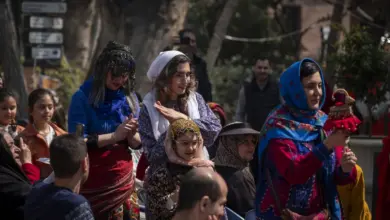
MP Amal Salama, a member of the Media Committee in the House of Representatives, plans during the next session, to present a bill that tightens the penalty for wife beating.
She added that she also seeks amendments to the Personal Status Law, after the National Human Rights Strategy emphasized the protection of women from violence.
In a press release Monday, Salama praised the strengthening of the status of women as part of Egypt’s national human rights strategy, which emphasized economic empowerment, achieving equal opportunities and enhancing women’s right to work.
This is in addition to targeting women’s health care, decreasing the illiteracy rate, expanding reproductive health services, and protecting women from forms of violence.
She stressed that the bill amends the penalty of beating women in Article 242 of the Penal Code as it raises the imprisonment penalty from one year to no less than three years and no more than five years in prison.
Salama lamented that the fine was not enough as a penalty.
She stressed that her goal is to protect families and preserve women’s rights, especially since most divorce cases are due to the husband beating his wife and that 86 percent of wives are beaten.
For a draft law to amend Article 90 of the law on hosting children, she confirmed that the amendments would not affect the clause on the parent’s right to see their children, provided that the husband was committed to paying alimony and maintain family and societal stability, in line with the principles of Islamic Sharia and the ruling of the Court of Cassation.
She added that the amendment of Article 90 cancels the judicial obligation related to hosting children for non-custodial parents, grandparents and grandmothers, provided that the hosting is done by consent between the two parties, and not by coercion through the authorities in implementation of a judicial ruling.
The Egyptian strategy includes four main dimensions, which are civil and political rights, economic, social and cultural rights, the rights of women, children, people with disabilities, youth and the elderly, and enhancing education and human rights.




